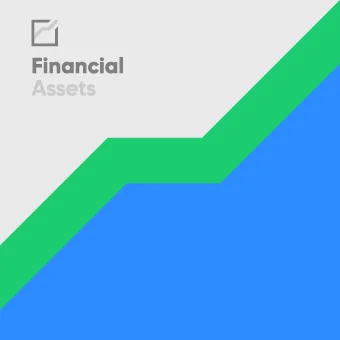
Investing giants Owl Rock Capital and Dyal Capital Partners completed their merger after clearing legal hurdles, with initial shares of the newly combined behemoth jumping as much as 11% on its first day.
The company then counted $2.5 billion in permanent assets under management as of 31 March and 91% of the sum is unconsolidated, according to a Wednesday statement.
Blue Owl is the culmination of several Wall Street fads, including a special-purpose debut launched via a publicly acquired company or SPAC. Owl Rock itself was a unicorn -- a successful new, multinational business -- after success in the red hot private credit markets.
Meanwhile, Dyal was raising record sums to buy share in money managers, competing with companies at Blackstone Group Inc. and Goldman Sachs Group Inc. Dyal's investments included some of the most prominent private investment firms, such as Silver Lake and Robert Smith's Vista Equity Partners, which have each multiplied in size since Dyal bought in.
Owl Rock's Doug Ostrover - who was co-founder of the Blackstone credit unit before forming his new firm - will serve as Chief Executive Officer of Blue Owl. His colleague Michael Rees, a veteran of KKR Co. and Dyal founder Marc Lipschultz will be co-presidents.
Blue Owl opted to go public via a merger with HPS Investment Partners, a SPAC backed by Altimar Acquisition Corp. SPACs, also known as 'blank check' companies, are publicly traded shells that raise money from investors with the aim of buying an existing private business, generally without identifying a target until later. Such deals allow a traditional company to go public without the lengthy process of private public offering.
Shares of Blue Owl exchanged on the New York Stock Exchange under the ticker OWL on Thursday, initially topping $11 before fading to little changed at about $10 as of 10: 10 a.m. in New York.
The way that deal crossed the finish line didn't come without challenges.
Sixth Street Partners, for which Dyal owns a stake, competes with Owl Rock in the direct-lending market for similar business. Sixth Street sued to temporarily block the merger, arguing the deal would put it in competition with its part-owner. Dyal, another competitor to Owl Rock partially owned by Golub Capital, sued on similar grounds. Courts reject those claims in Delaware and New York.
'It was an unfortunate chapter, but it is a chapter, Lipschultz said in an interview. 'We turn the page on the next one, on to that chapter.
The combined business will offer direct investors exposure to both public lending and the stake-sale business. Dyal buys minority stakes in firms, giving investment managers a way to unlock wealth from rapid growth. Lipschultz described the merger as a 'next-generation model' for the limited partner and investor community.
'We've really assembled a business that allows us to provide a one-stop shop for all the financing services, capital services that an alternative manager needs, said he said.
To keep up with inflation in the past several years, private credit assets under management have nearly doubled to $975 billion as of September 2014 from $459 billion in 2014, according to London-based research firm Preqin Ltd. Record amounts of cash are being targeted for funds as investors search for higher yield amid an ultra-low interest rate environment.
The merger will allow Lipschultz to capitalize on the growth and institutionalization of the alternative asset management business, according to Blue Owl.
As the industry has grown so have the deal sizes. Firms that target the upper-middle market like Owl Rock have clinched multi-billion dollar unitranche deals, which combine one-priority and subordinated debt into a single facility.
Last month, Owl Rock led a $2.3 billion loan to help finance Calypso Technology Inc.'s buyout of Thoma Bravo in one of the biggest deals ever seen in the private credit market. Lipschultz said there's more to come.
'We can comfortably support a $3 billion financing, he said, adding that the market has sufficient capital to support a $5 billion development unitranche. The private lending market is also a better choice, according to Lipschultz.
'You know the terms, you know the capital is going to be there, you know what your counterparties are, he said, adding that there isn't the same pressure on reporting required in public markets.
